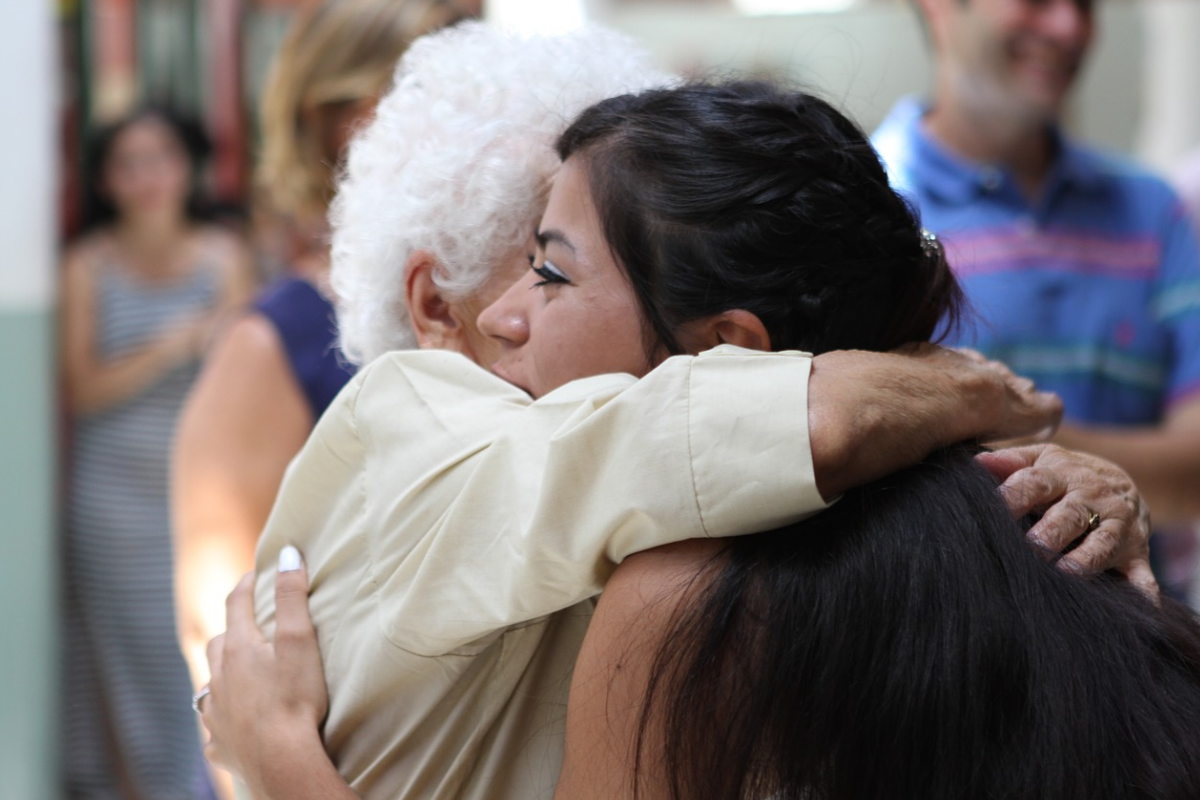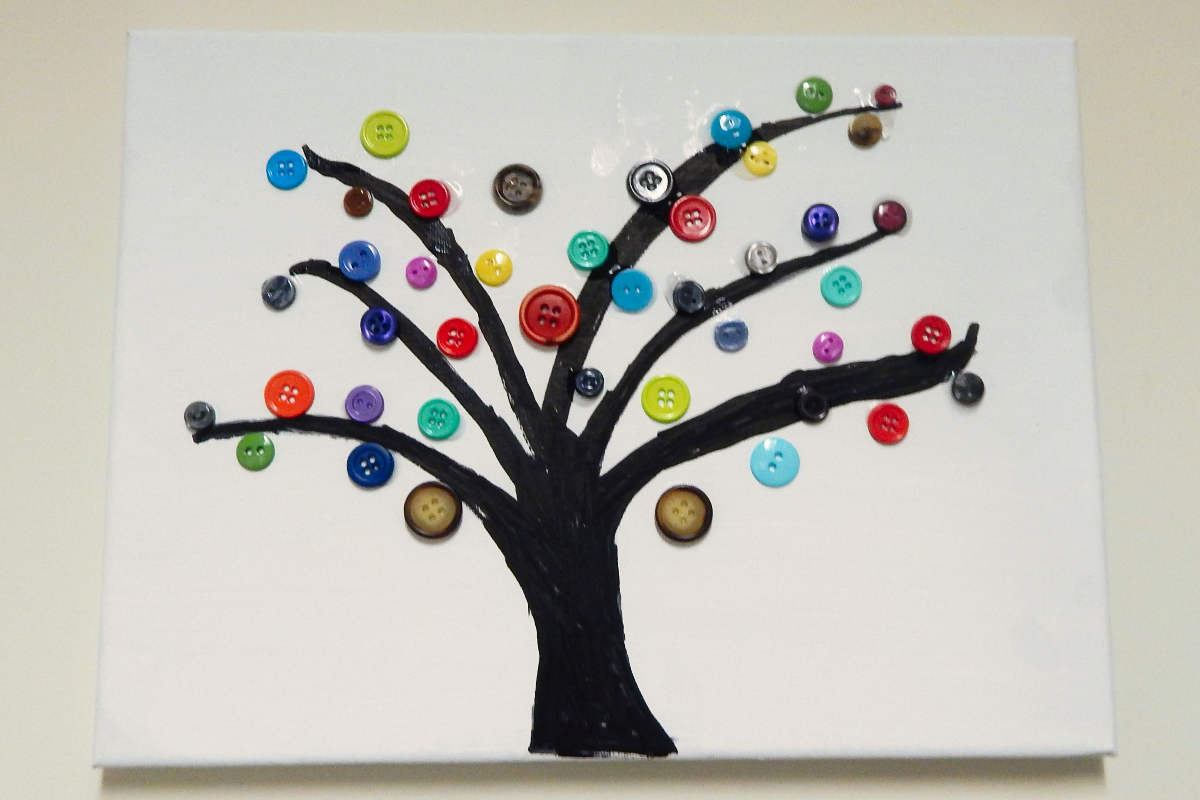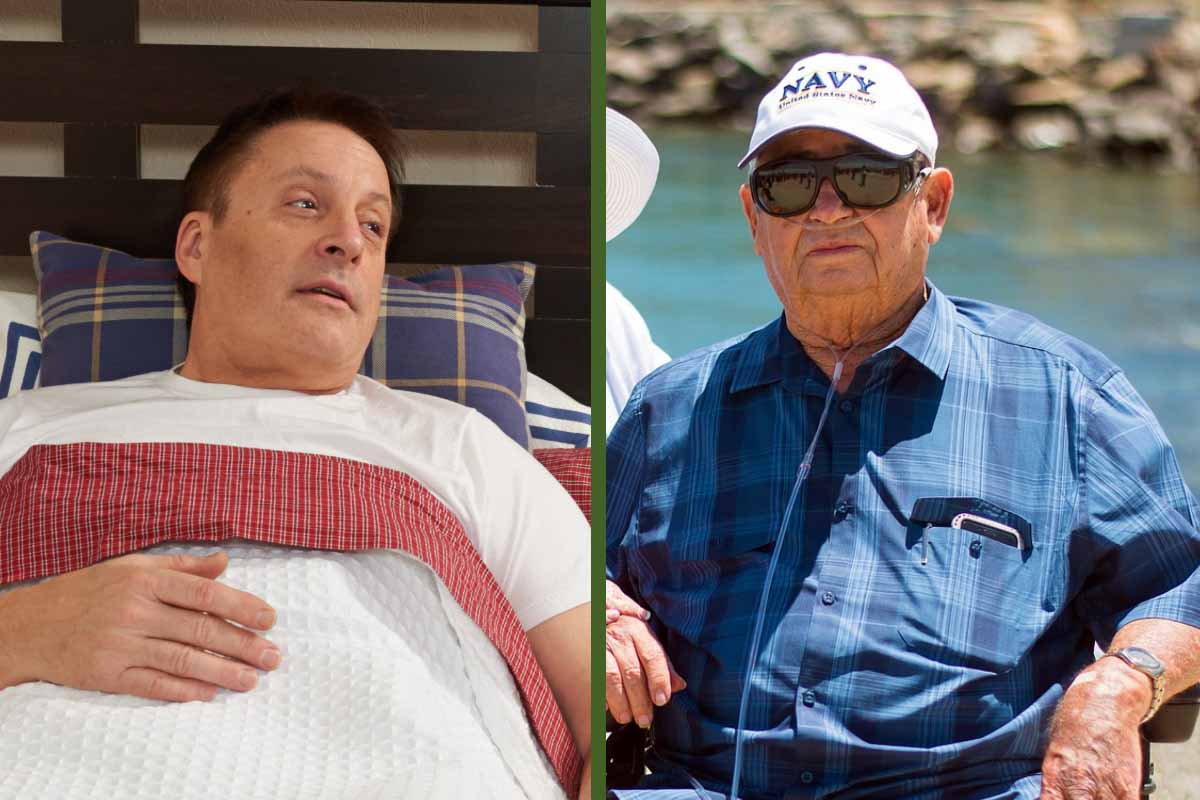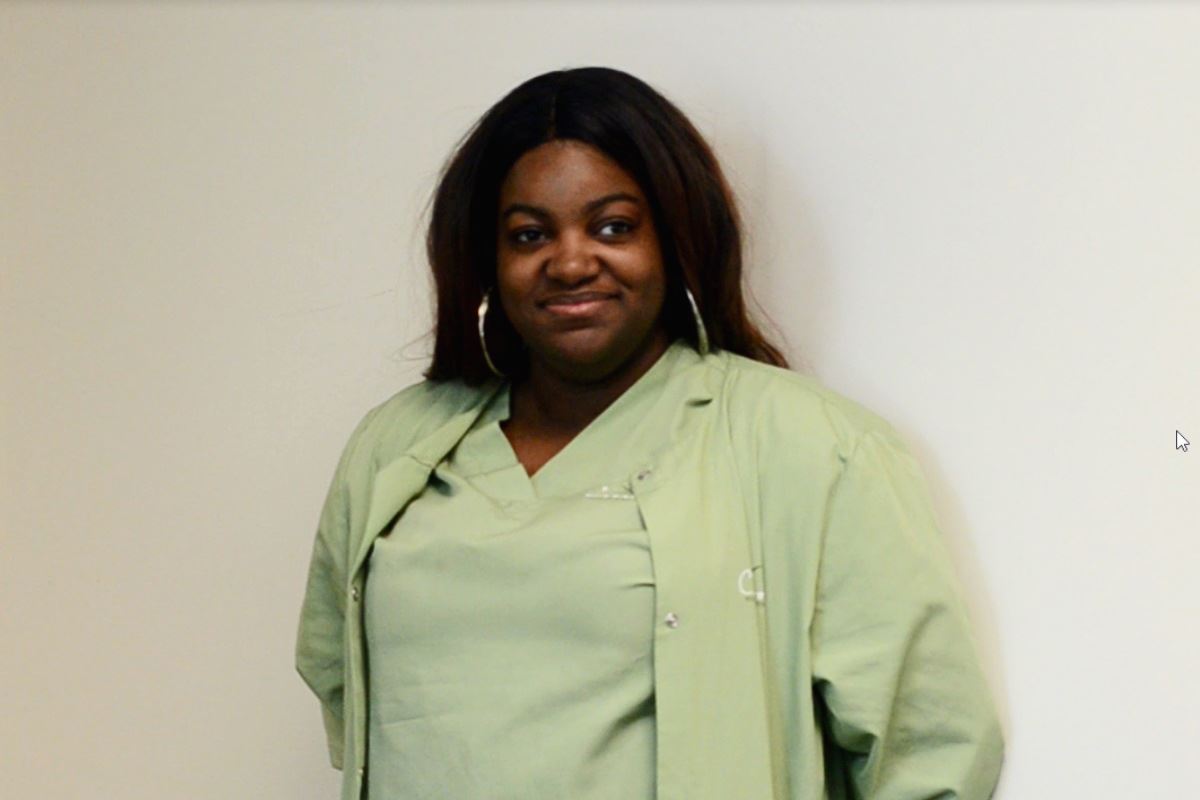
Blog: Hospice & Palliative Care Insights - June 2018


Breaking Bad News to Someone with Dementia

Button Tree Canvas: Activities for Dementia Patients
Posted on June 22, 2018
Buttons come in all shapes and sizes – and we all seem to have a mismatched collection of them. A drawer or bowl filled with buttons that came with new clothes or fall off our old ones and get tossed aside and forgotten. Most of us will never use them for what they’re intended, so instead you can turn them into a fun activity for a loved one with dementia. 
What is the Difference Between Hospice and Palliative Care?
When considering the differences between hospice and palliative care, it’s easy to get confused. The two are alike in so many ways. In other ways, they are different. As a patient with life-limiting conditions, understanding these differences is key to making an informed healthcare decision.
Creating Meaningful Moments with Your Dad
As Father’s Day approaches, families are presented with a good reminder of the importance of spending quality time with an aging parent. Too often, we let time pass us by and end up regretting not taking the time to create meaningful moments with our fathers while we still had time.
